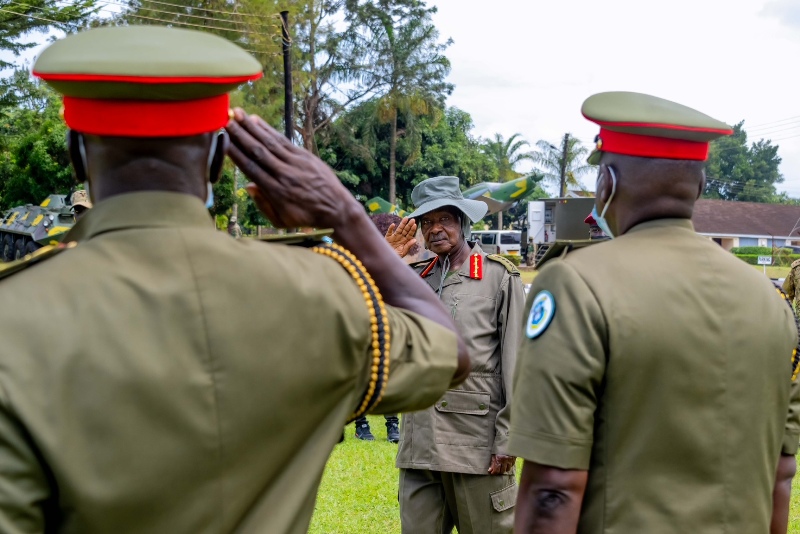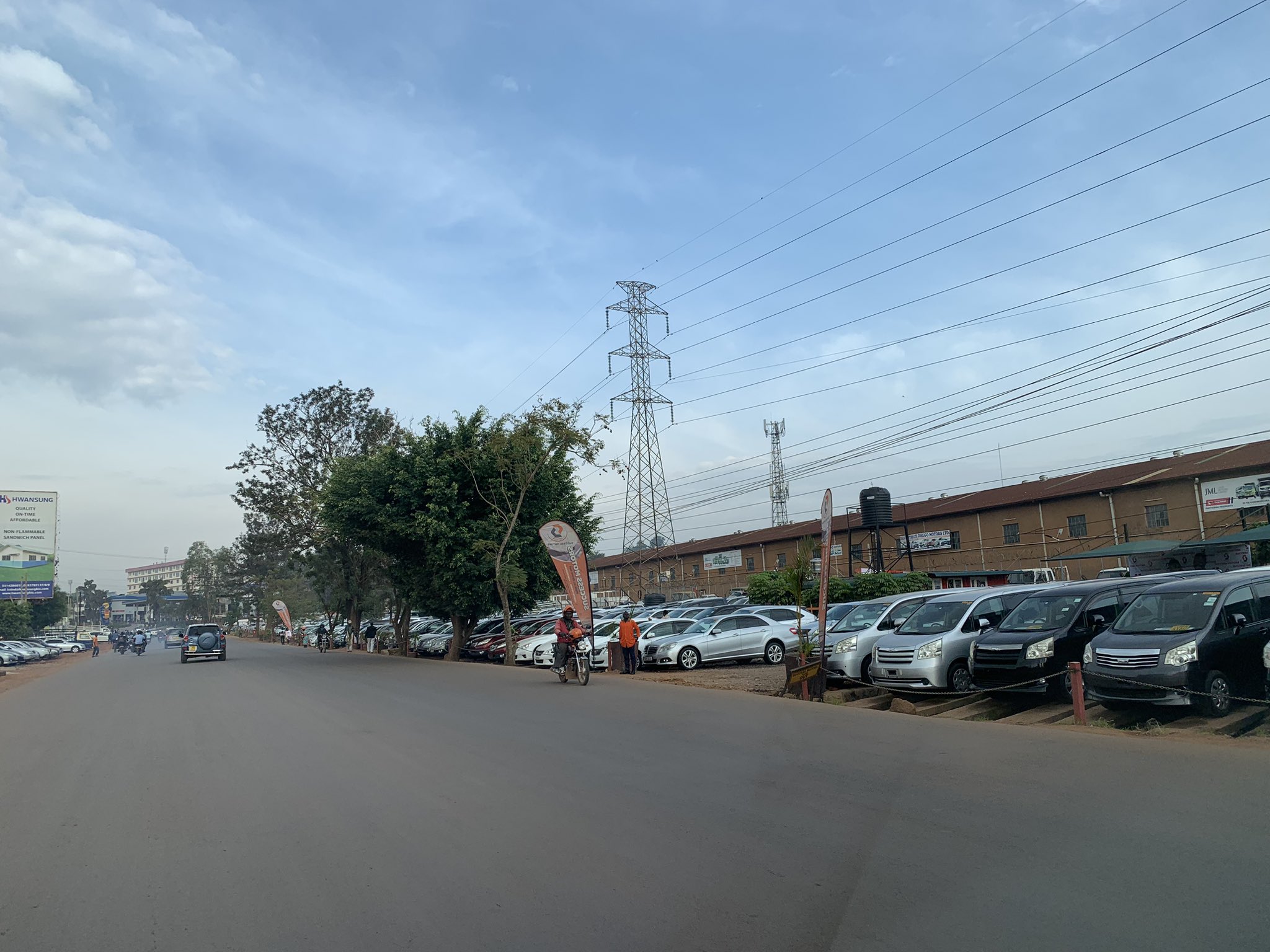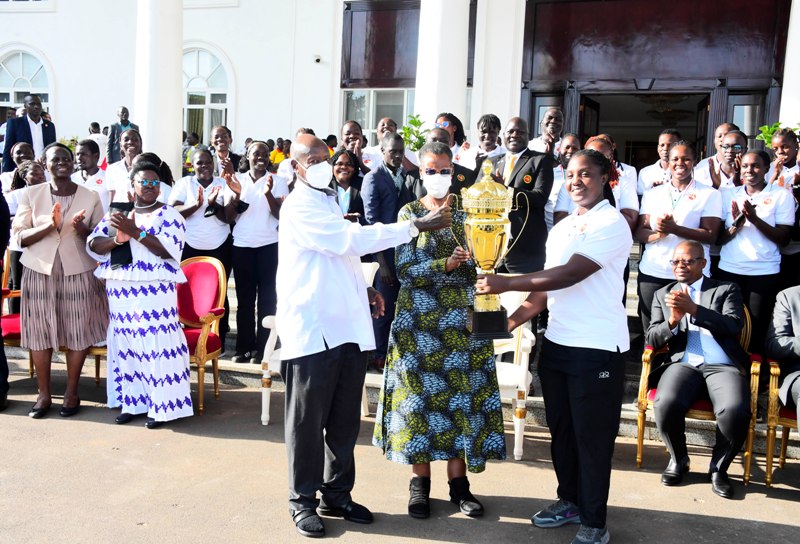Museveni rejects Supreme Court ruling on military trials for civilians
In a statement issued on February 1, 2025, shortly after returning from his Lango PDM tour, Museveni expressed disappointment over what he termed a “wrong decision.”

President Yoweri Kaguta Museveni has strongly opposed the Supreme Court’s recent decision barring the trial of civilians in military courts, describing it as misguided and a threat to national security.
In a statement issued on February 1, 2025, shortly after returning from his Lango PDM tour, Museveni expressed disappointment over what he termed a “wrong decision.”
He argued that military courts have been instrumental in maintaining law and order, particularly in dealing with armed criminals.
“This is a method we, the freedom fighters, support because it reinforces the civilian judicial system in protecting Ugandans from criminals with illegal firearms,” Museveni stated. “If you are not a soldier, why do you arm yourself with guns for criminal purposes?”
Despite his criticism, Museveni acknowledged aspects of the ruling that he found agreeable. He praised Justices Mike Chibita and Eva Luswata Mugyenyi for supporting the military court’s jurisdiction over armed civilians. He also noted that Chief Justice Alfonse Owiny-Dollo recognized scenarios where military courts could still try civilians.
Museveni dismissed concerns raised by other justices regarding military trials for crimes such as corruption and rape, insisting that certain offenses involving military personnel should remain under military court jurisdiction. He questioned the practicality of prosecuting soldiers in civilian courts for offenses like stealing army rations.
“The military courts are meant to protect the army from crime and simplify procedures. How easy will it be to try soldiers who have stolen army rations in civilian courts? Why not try them in military courts with a right to appeal to national courts?” he argued.
The President credited military courts for stabilizing conflict-prone areas like Karamoja, where civilian magistrates have been reluctant to operate. “Military courts have pacified Karamoja and saved thousands of Karachunas (warrior youths) who would otherwise be dead from confrontations with the army,” he stated.
Museveni further asserted that Uganda’s governance is not determined by judges alone but by the collective will of the people through constitutional amendments, parliamentary legislation, and referenda.
To counter the Supreme Court’s ruling, he directed the Attorney General to propose legal reforms ensuring the continued use of military courts for armed criminals.
“The judges interpret the laws; let the Attorney General propose amendments to the Constitution or other laws to guide them in the future and prevent interference with this essential self-protection mechanism for the country,” Museveni said.







